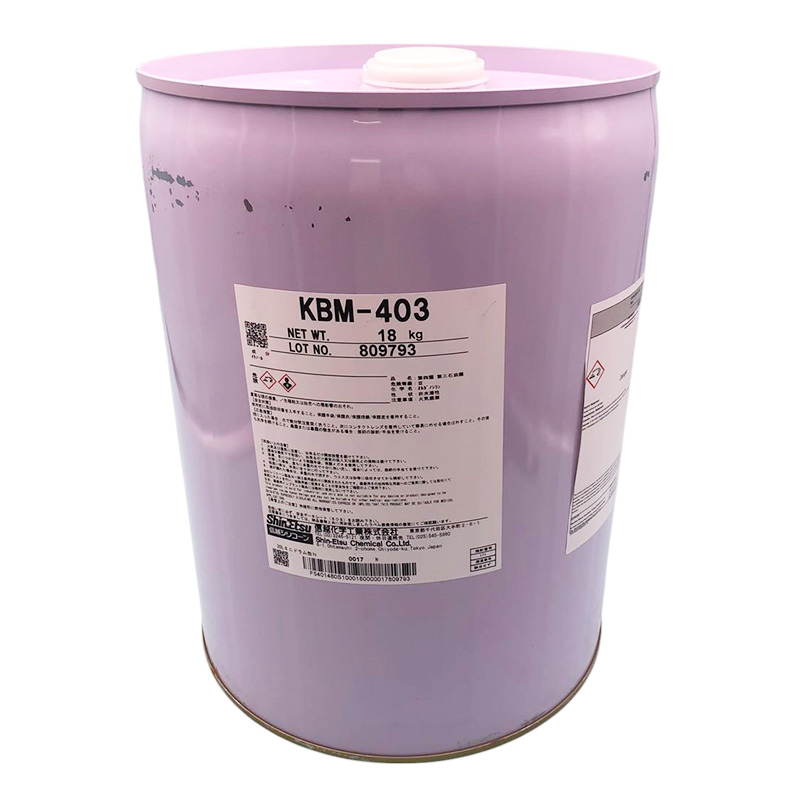What Is Silane Coupling Agent?
A Silane Coupling Agent is a chemical compound used to enhance the bonding between inorganic materials (such as glass, metals, minerals, or ceramics) and organic polymers (such as plastics, resins, or rubbers). It serves as a molecular bridge, improving adhesion and durability by chemically linking two otherwise incompatible surfaces.
Table of Contents
Structure of Silane Coupling Agents
Silane coupling agents are typically composed of two functional parts:
Hydrolyzable Groups (e.g., methoxy or ethoxy groups)
These groups react with moisture to form silanol (Si–OH). The silanol groups then bond strongly with hydroxyl groups on inorganic surfaces like glass or silica.Organofunctional Groups (e.g., amino, epoxy, vinyl, methacryloxy)
These groups interact or react with organic polymers, creating chemical compatibility with resins such as epoxy, polyurethane, polyester, or rubber.
This dual functionality enables silane coupling agents to act as an effective link between different materials.
How Silane Coupling Agents Work
Hydrolysis: In contact with water, the alkoxy groups convert into reactive silanols.
Bonding to Inorganic Surfaces: Silanols condense with hydroxyl groups on surfaces, forming stable Si–O–Si bonds.
Interaction with Organic Polymers: The organofunctional groups react or associate with polymers, enhancing adhesion.
This process results in a durable interphase that resists stress, moisture, and chemical attack.
Applications of Silane Coupling Agents
Composites: Improve bonding between glass fibers and polymer matrices, increasing strength and durability.
Adhesives And Sealants: Enhance adhesion of resins to metals, glass, and ceramics.
Coatings: Provide better adhesion, weather resistance, and durability in protective layers.
Electronics: Improve encapsulation and insulation materials by enhancing adhesion and moisture resistance.
Rubber and Plastics: Increase mechanical properties by coupling inorganic fillers with polymer chains.
Benefits of Using Silane Coupling Agents
Stronger adhesion between dissimilar materials
Increased mechanical strength and flexibility of composites
Improved resistance to moisture, chemicals, and heat
Longer service life of Coatings, adhesives, and reinforced plastics
Conclusion
Silane coupling agents are essential additives in modern industries, acting as molecular connectors that bind inorganic surfaces to organic polymers. By creating strong, durable, and moisture-resistant interfaces, they significantly improve the performance and lifespan of composites, coatings, adhesives, and electronic materials. Their versatility makes them a vital component in industries ranging from construction and automotive to electronics and packaging.

Previous: What is Silicone Grease?




